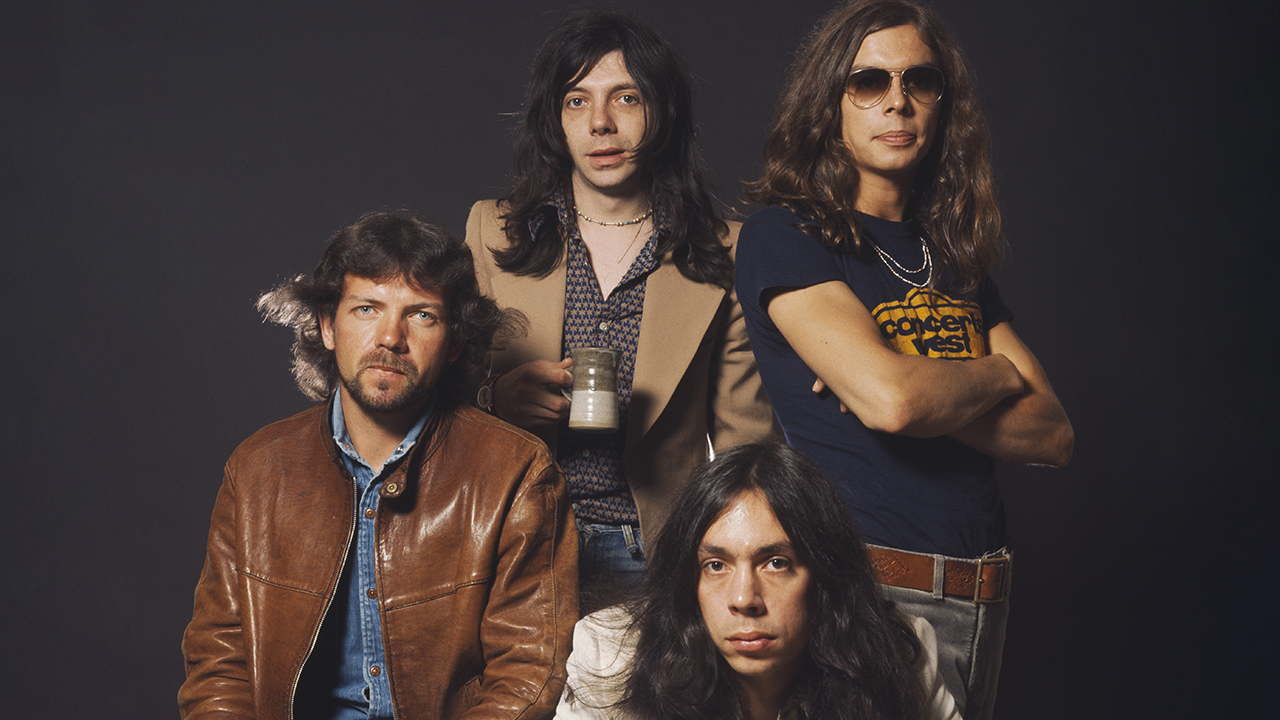Drugs: Ginger Baker
The definitive rock drummer on the definitive jazz drug.

A lot of musicians had problems with heroin in the jazz club scene you started out in. Do you think that lifestyle requires something to keep you going?
Well, jazz musicians suffered hardships then. And they still do today because they’re paid so little, but they never complain. The sad thing with rock musicians is they’ve made lots of money and they think they’re like royalty and should be treated as such; taking super-limos, even if it’s only a ten metre drive.
What sort of influence did the British jazz drummer Phil Seamen have on you?
Phil was a really good influence on me. People keep coming up with this story that Phil turned me on to heroin. Which is completely untrue. I was using heroin before I met him. And when he found out he burst into tears. He was really upset. I did an audition for [jazz bandleader] John Dankworth years ago. I got the gig, and then I didn’t, because it was reported that I was a junkie. Ha ha ha!
You had your first big success with Graham Bond in the early sixties. But what state was Graham in by the time he joined Ginger Baker’s Air Force in 1970?
Well, I only planned to do two gigs with Air Force: Birmingham Town Hall and the Royal Albert Hall. After the Birmingham gig the police arrived and arrested Graham. In a pack of Rothmans, I’d put the band’s stash, a block of hash. And when they took Graham away, Denny Laine said: “’Ere, Graham, here’s some cigarettes.” Afterwards, Denny said: “Oh, Jesus Christ, I’ve given him the wrong packet!”
And they were pretty kind to Graham in jail, they let him take the cigarettes in the cell. And he opens them up and goes: “Jesus Christ!” And he spent the whole night in the cell eating it. So when he turned up for the Royal Albert Hall gig his feet weren’t on the ground at all.
Sign up below to get the latest from Classic Rock, plus exclusive special offers, direct to your inbox!
He did some crazy things. Like we were on tour, and we’re two miles from the border with Germany, and Graham lights a joint – and we’re a few minutes away from the bloody border post! Graham was a genius. But he was very different by then. He could still play, but he wasn’t really there a lot of the time.
Did you enjoy a more extravagant lifestyle in Cream?
Well, Cream suddenly took off. Whereas we were getting fourteen pounds in clubs with Graham, it was forty-five pounds with Cream. My problem was I used to lose my temper. And I’d promised I would never, ever violently assault Jack Bruce again. And the only way I could do that was to go to a pub and get super drunk. You tend to do stupid things. Like, we talked about flying my Jensen sports car out to Jamaica on a holiday. And when you’ve got lots of money you suddenly get lots of friends to help you spend it. When the money’s gone, the friends are too. I lost all my Cream money on a studio in Nigeria. I lost two fortunes on polo ponies, too.
How were you fixed after you lost a fortune in South Africa and came back to England in 2011?
We had this horrible little bungalow in Whitstable for the first six months. We were very hard up and struggling. And that causes friction. And it just went horribly wrong, with the police and stuff. But we’ve moved to a nicer place now. My step-daughter, Lisa, is studying at Kent College, one of the best in the country, and she really flies. It’s very expensive but it’s worth it.
Nick Hasted writes about film, music, books and comics for Classic Rock, The Independent, Uncut, Jazzwise and The Arts Desk. He has published three books: The Dark Story of Eminem (2002), You Really Got Me: The Story of The Kinks (2011), and Jack White: How He Built An Empire From The Blues (2016).

